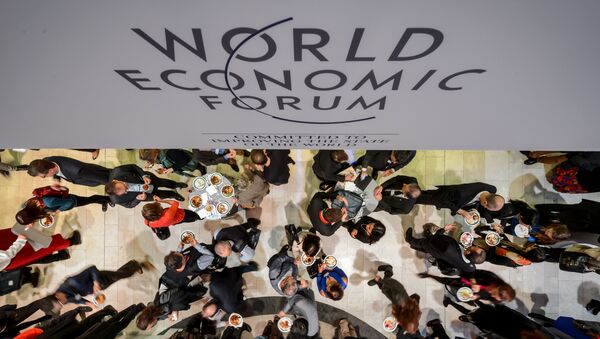Post-truth, the Oxford Dictionary's Word of the Year 2016, is defined as "relating to or denoting circumstances in which objective facts are less influential in shaping public opinion than appeals to emotion and personal belief."
The report enumerates three reasons to be concerned about the future of democracy, namely "the impacts of rapid economic and technological change", "the deepening of social and cultural polarization" and "the emergence of 'post-truth' political debate."
The report commented on the growing popularity of anti-establishment parties, many of them focusing on national sovereignty, criticism of elites, resentment toward immigrants, and outlined one of the main challenges that Western governments will face as accommodating both trends for inclusion and diversity and the calls for nationalism.
According to the report, while "globalization and trade have created growth, promoted competitiveness and efficiency, cut poverty and global inequality, and narrowed the gap between emerging economies and the rich world," these benefits were not equally distributed with rapid technological advance further threatening many people's jobs, which has led to the rising anti-establishment sentiments.
The report proposed ensuring the inclusiveness of the economic growth, balancing globalization and nationalism, and ensuring continuity in government while delivering short-tern solutions voters want.




